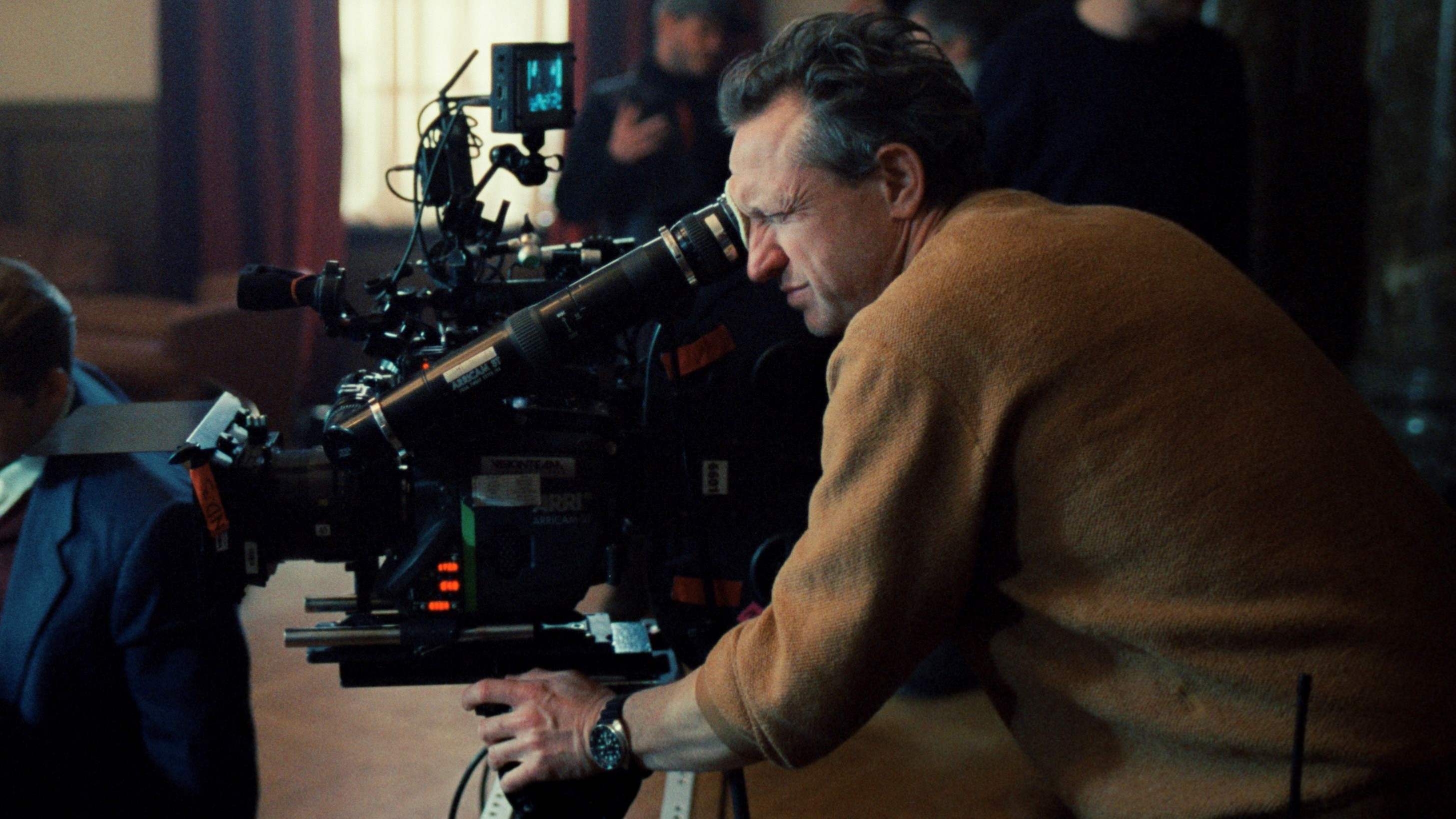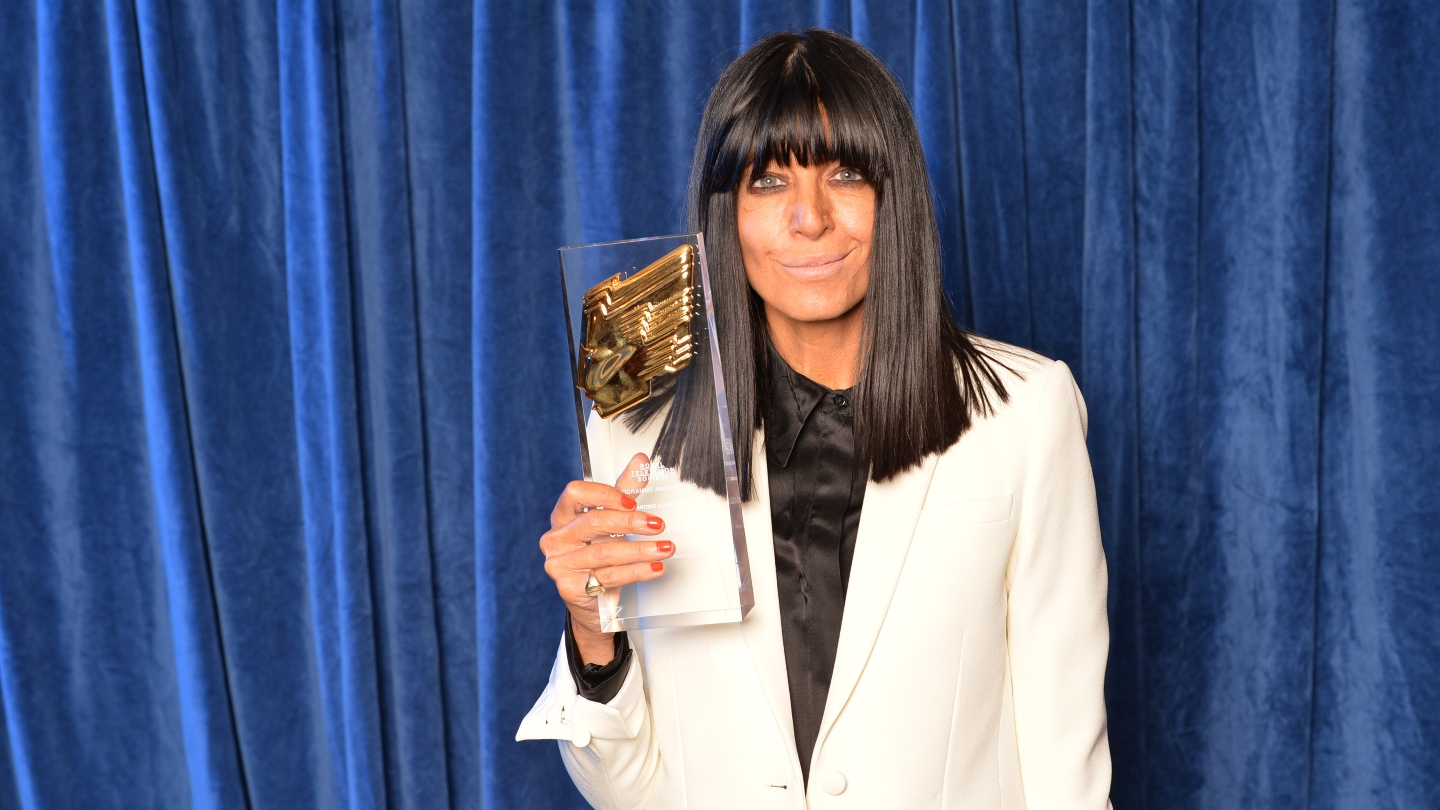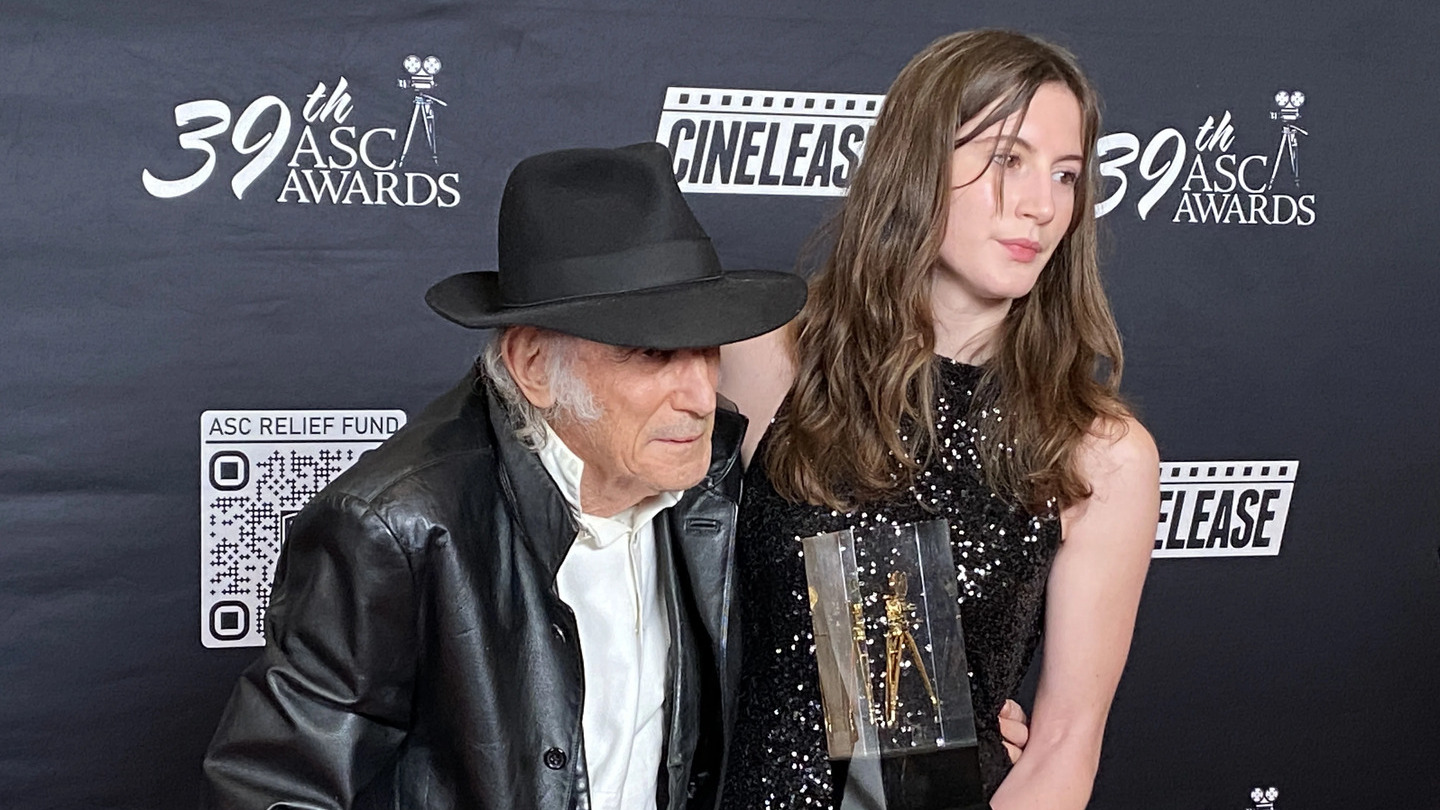Rapper and filmmaker Rapman tells IBC365 about making his sci-fi drama Supacell with Netflix, emulating Ryan Coogler and why “anything can happen in a Rapman show.”
What if a group of strangers living in South London one day discovered they had superpowers? That’s the setup for the new Netflix sci-fi drama Supacell, written and directed by local hero Rapman who says this is just the beginning.
“Supercell season one is the prequel,” he says. “That’s what I tell anybody. It’s literally my Batman Begins. The show could have started in season two but...
You are not signed in.
Only registered users can view this article.

Behind the scenes: Squid Game 2
The glossy, candy-coloured design of Squid Game is a huge part of its appeal luring players and audiences alike into a greater heart of darkness.

Behind the scenes: Adolescence
Shooting each episode in a single take is no gimmick but additive to the intensity of Netflix’s latest hard-hitting drama. IBC365 speaks with creator Stephen Graham and director Philip Barantini.

Behind the scenes: Editing Sugar Babies and By Design in Premiere
The editors of theatrical drama By Design and documentary Sugar Babies share details of their work and editing preferences with IBC365.

Behind the scenes: A Complete Unknown
All the talk will be about the remarkable lead performance but creating an environment for Timothee Chalamet to shine is as much down to the subtle camera, nuanced lighting and family on-set atmosphere that DP Phedon Papamichael achieves with regular directing partner James Mangold.

Behind the scenes: The Brutalist
Cinematographer Lol Crawley finds the monumental visual language to capture an artform that is essentially static.





